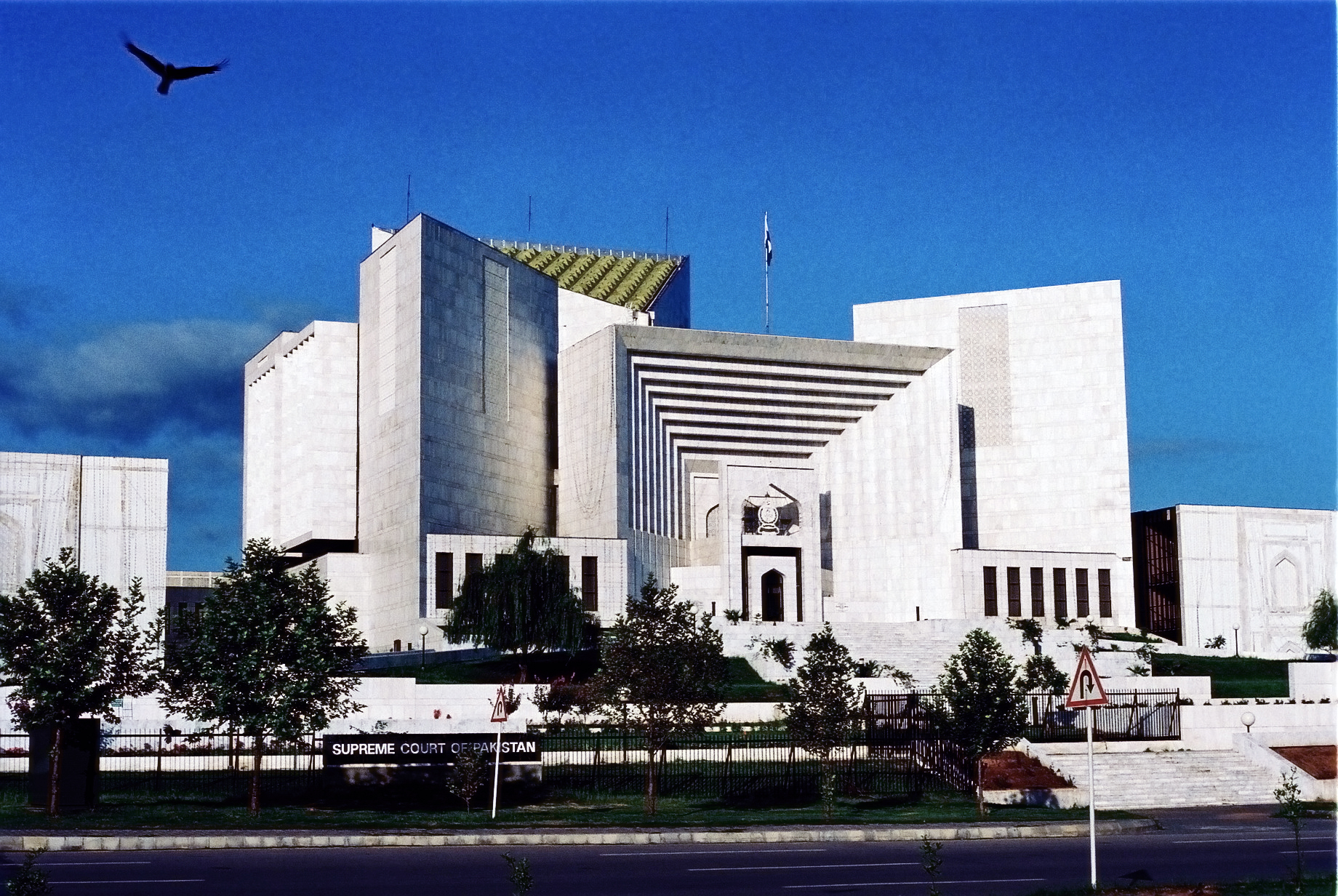
Rethinking Pakistan’s Constitutional Changes
The 27th Amendment reforms Pakistan’s judiciary with specialized courts and accountable appointments, reflecting global democratic practices.

The 27th Amendment reforms Pakistan’s judiciary with specialized courts and accountable appointments, reflecting global democratic practices.
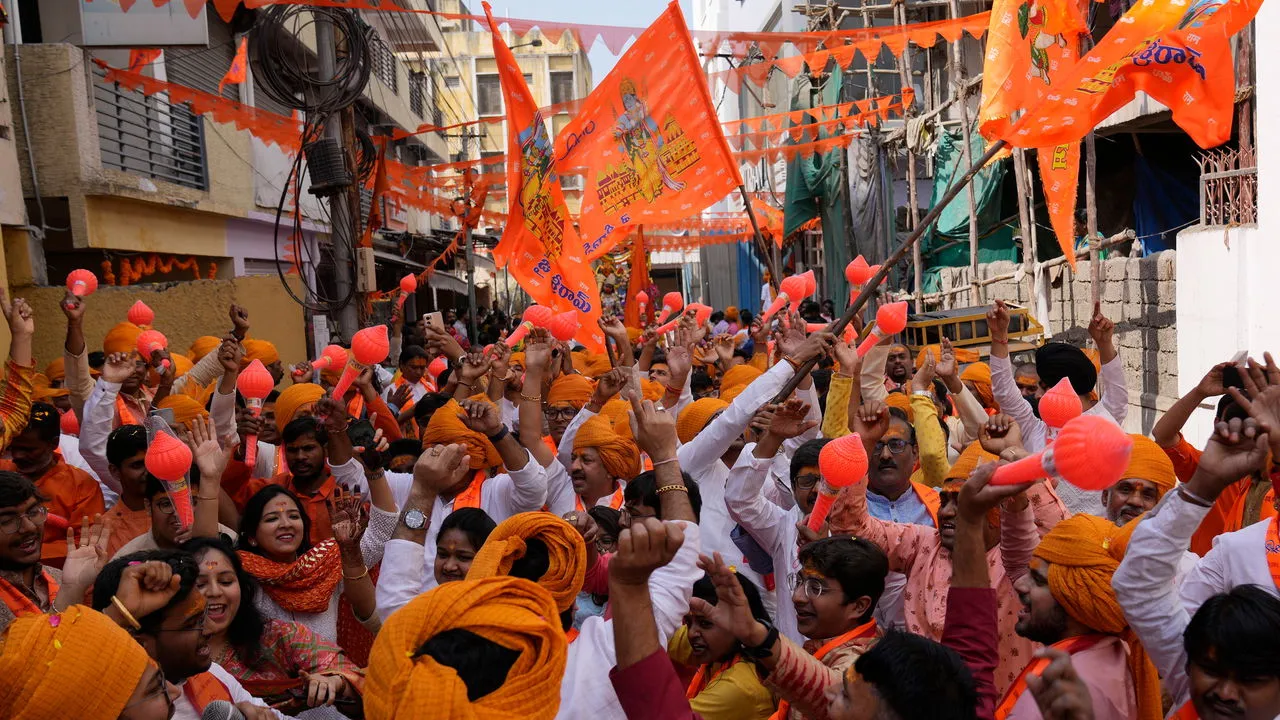
India’s shift toward Hindutva governance has transformed identity into policy. As citizenship, culture, and power merge, over 28 crore minorities are pushed to the margins—fracturing institutions, normalising exclusion, and leaving long-term scars on the republic’s social fabric.

Pakistan’s reliance on import-heavy exports has repeatedly triggered balance-of-payments crises. The Digital Nation Pakistan Act 2025 positions IT as a zero-raw-material export capable of delivering scalable growth, fiscal stability, and long-term economic resilience.
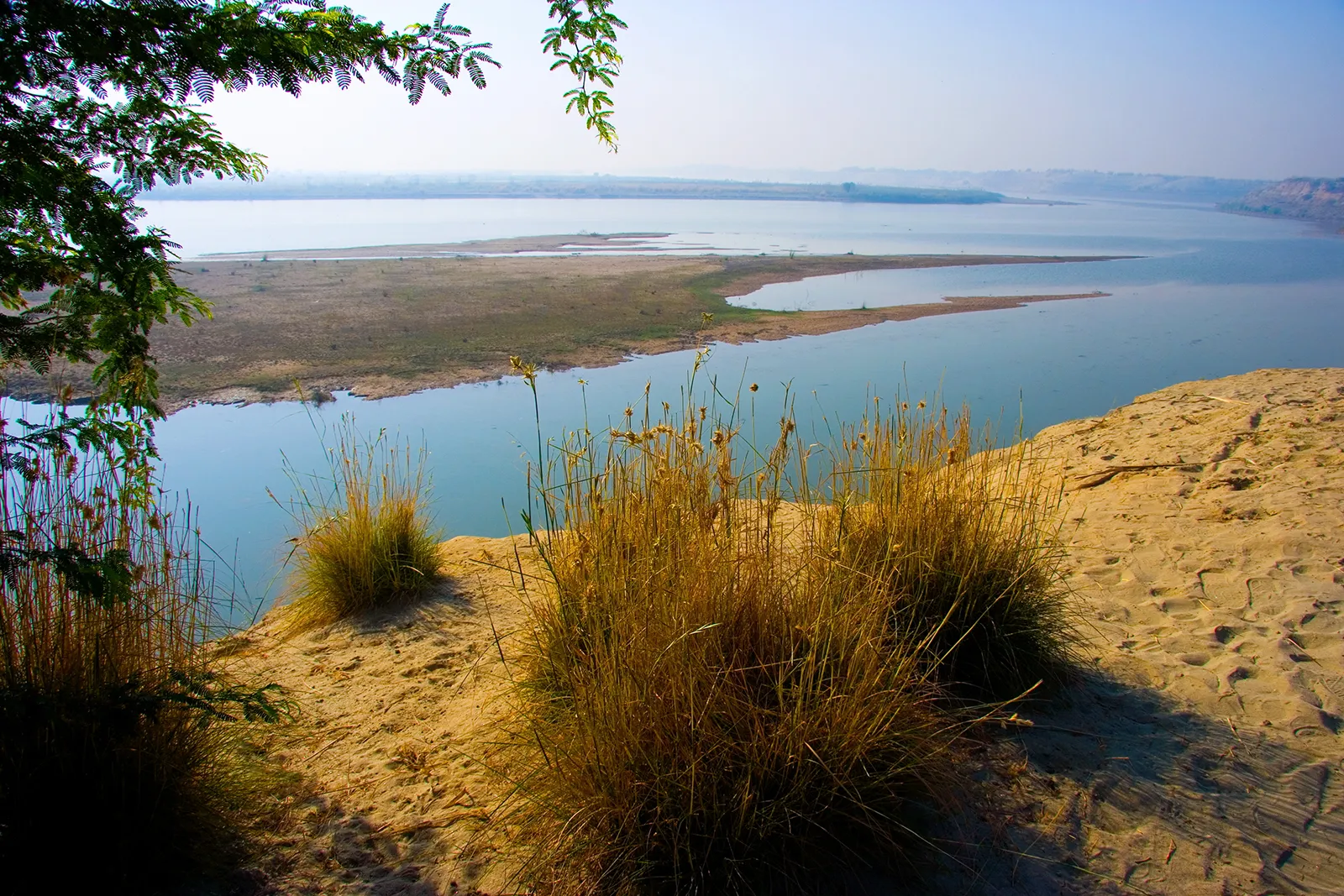
The Indus Waters Treaty is facing its gravest test as India’s unilateral actions on the Chenab transform water from a shared resource into a tool of coercion. In a climate-stressed region, disrupted river flows and suspended data sharing threaten Pakistan’s agrarian economy, food security, and regional stability.
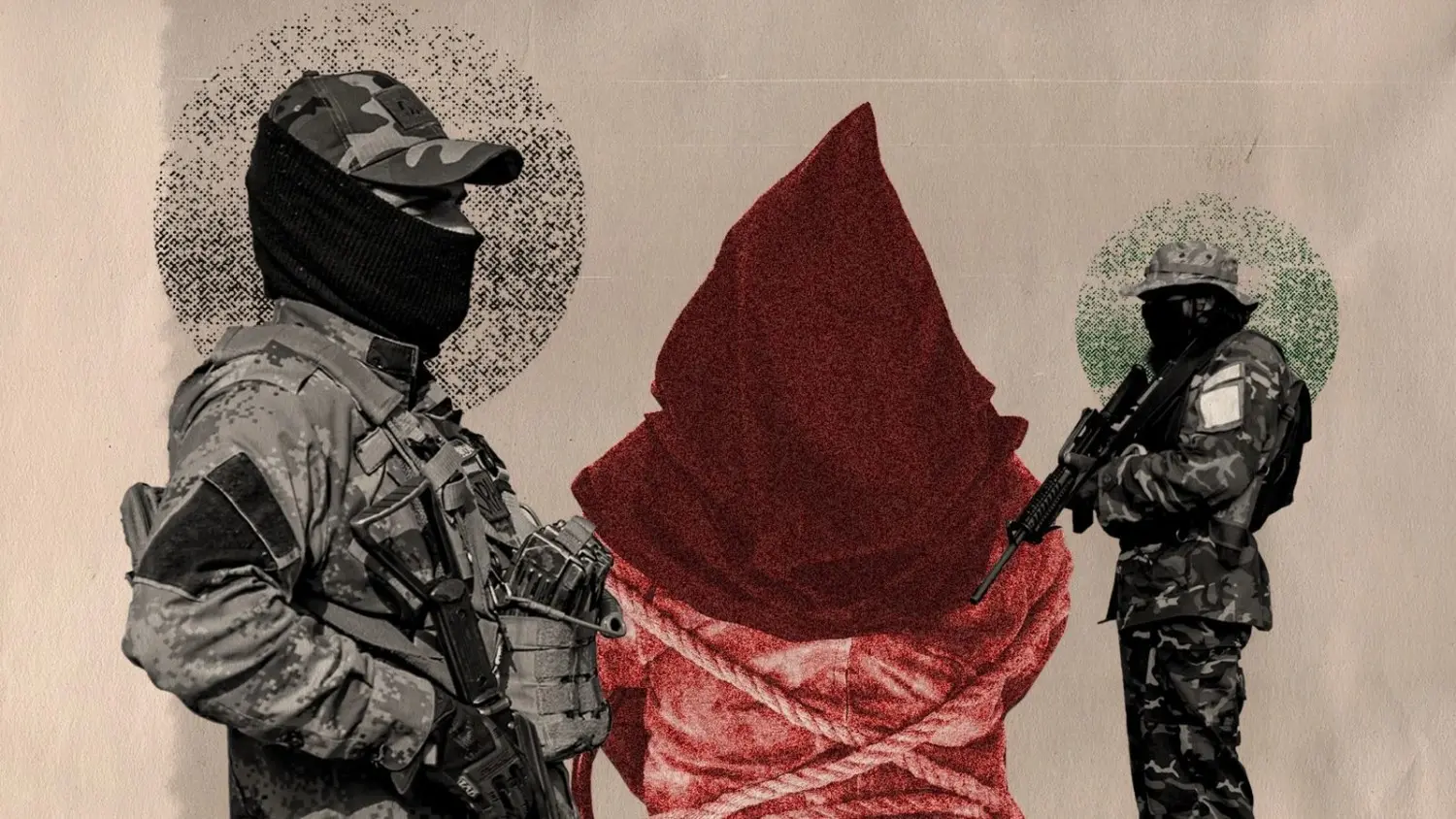
The killing of General Ikramuddin Saree in Tehran was not an isolated act but part of a broader Taliban strategy to hunt opponents beyond Afghanistan, exposing the fragility of exile as protection.
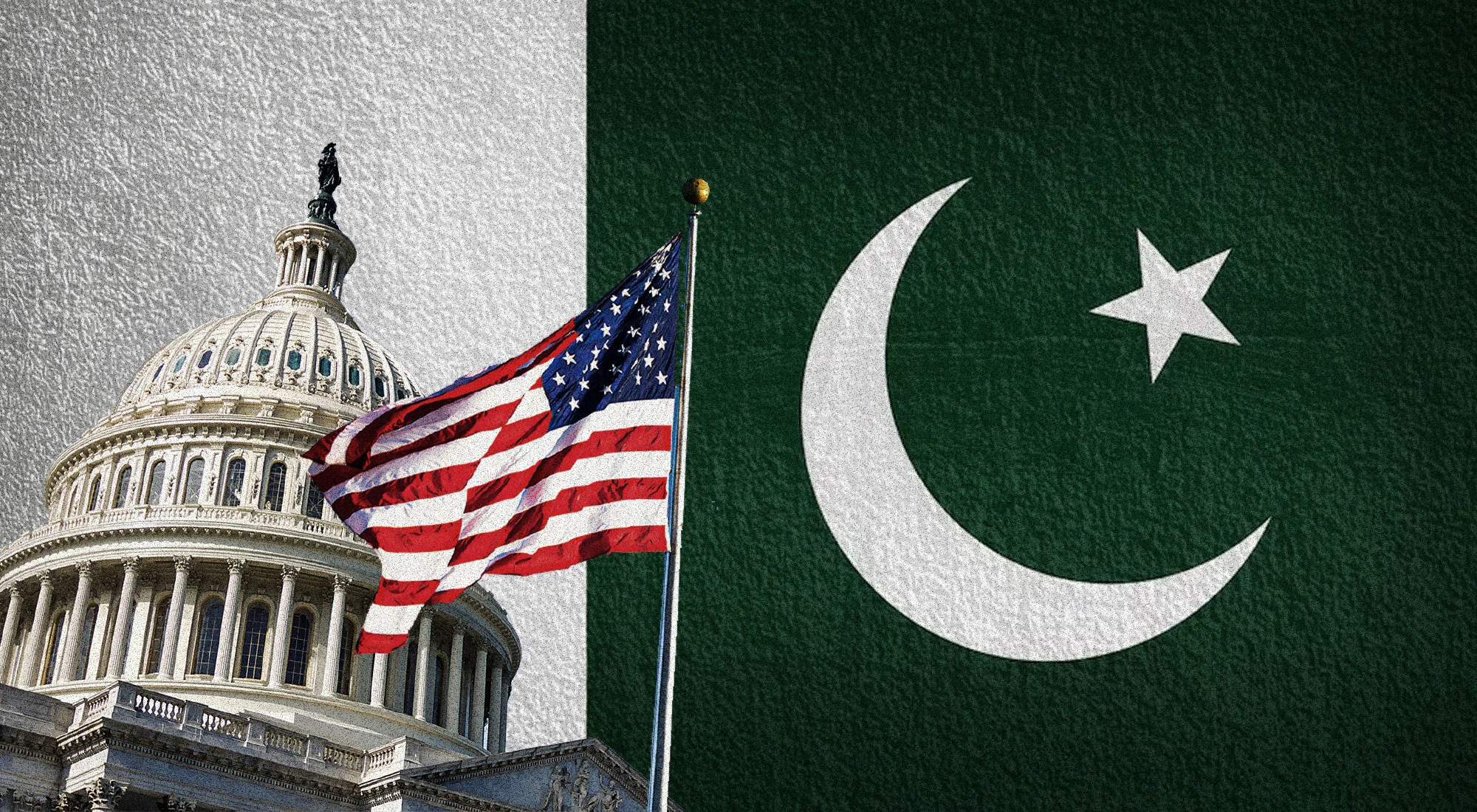
Natalie Baker signals a historic shift in the US-Pakistan ties, focusing on Reko Diq, agriculture, Fulbright programs, and a Green Alliance to strengthen trade, technology, and climate resilience.
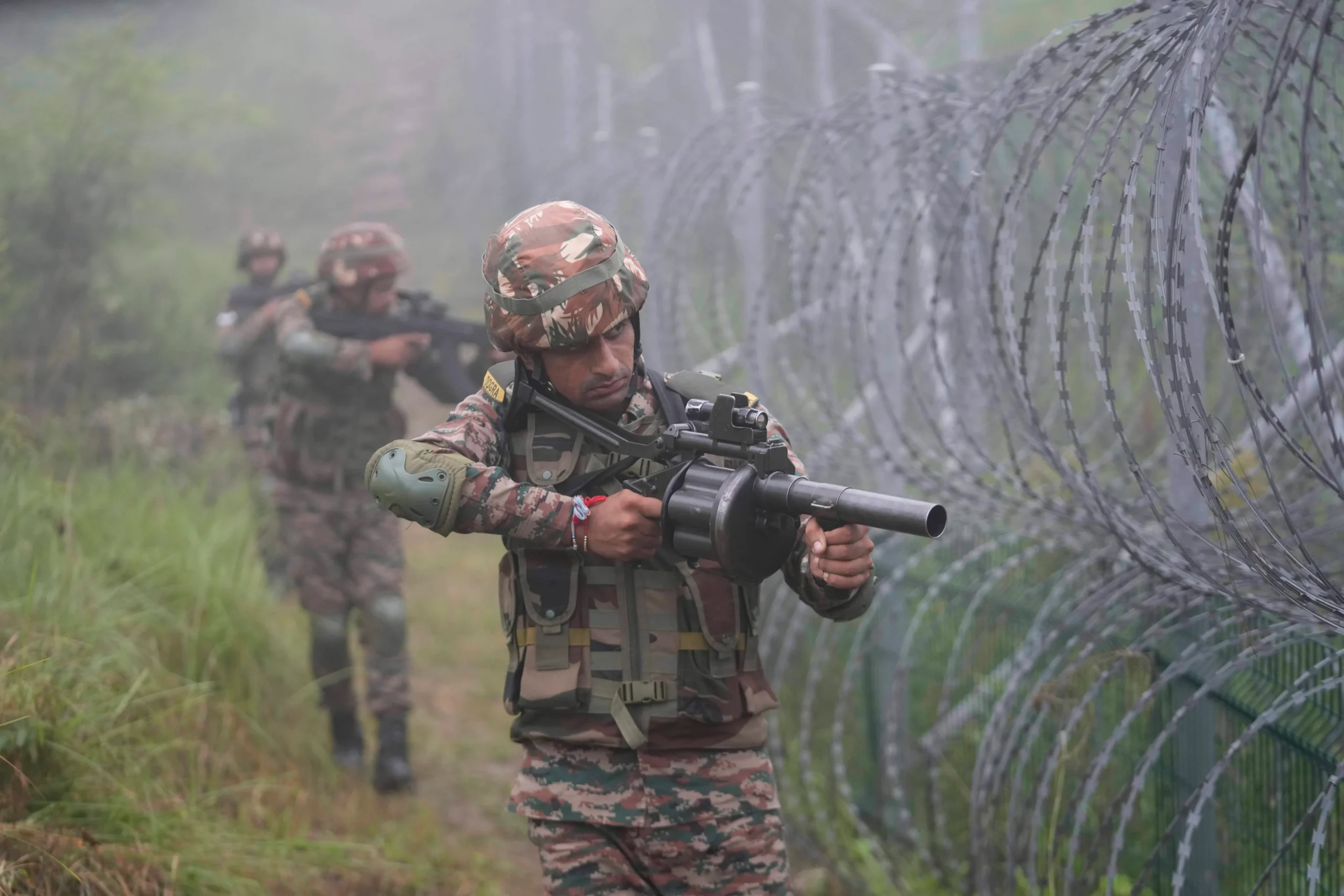
From the Sundarji Doctrine to Cold Start and 2025’s Operation Sindoor, India’s offensive doctrines aimed at rapid strikes against Pakistan repeatedly backfired, exposing operational gaps and narrowing its strategic options in multi-domain warfare.

Emerging security reports allege that civilian aviation and major transport hubs may be quietly repurposed as logistical conduits for the TTP. While unverified, these claims reinforce Pakistan’s long-standing warnings about external facilitation, plausible deniability, and the use of civilian infrastructure in grey-zone conflict along the western border.
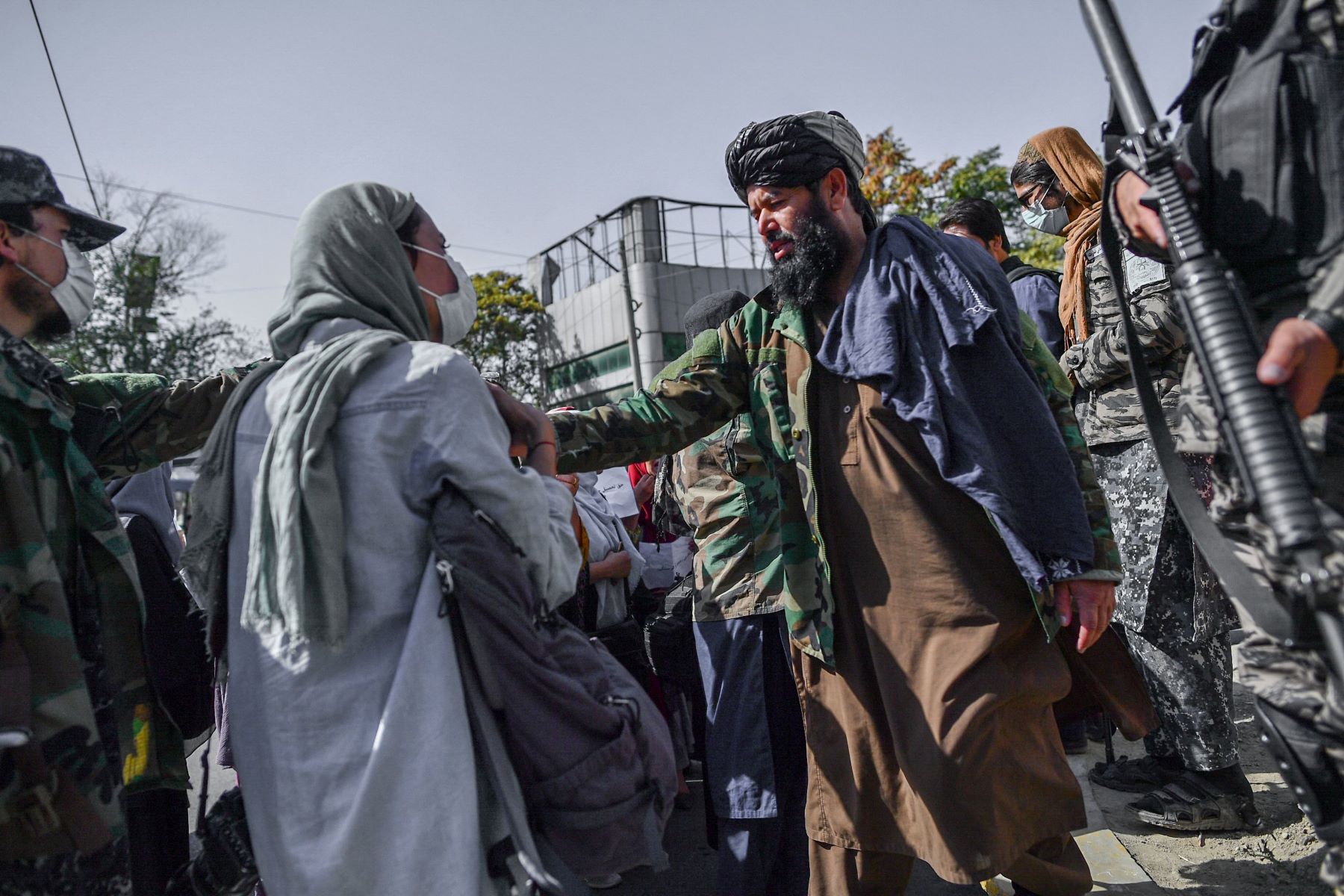
Behind Taliban social media showcases of female factory work lies a Potemkin model of governance. Selective visibility and performative economics obscure a system of gender apartheid, educational exclusion, and long-term economic decline. Drawing on UN and rights-group data, this analysis exposes how propaganda-driven inclusion narratives collapse under empirical scrutiny.
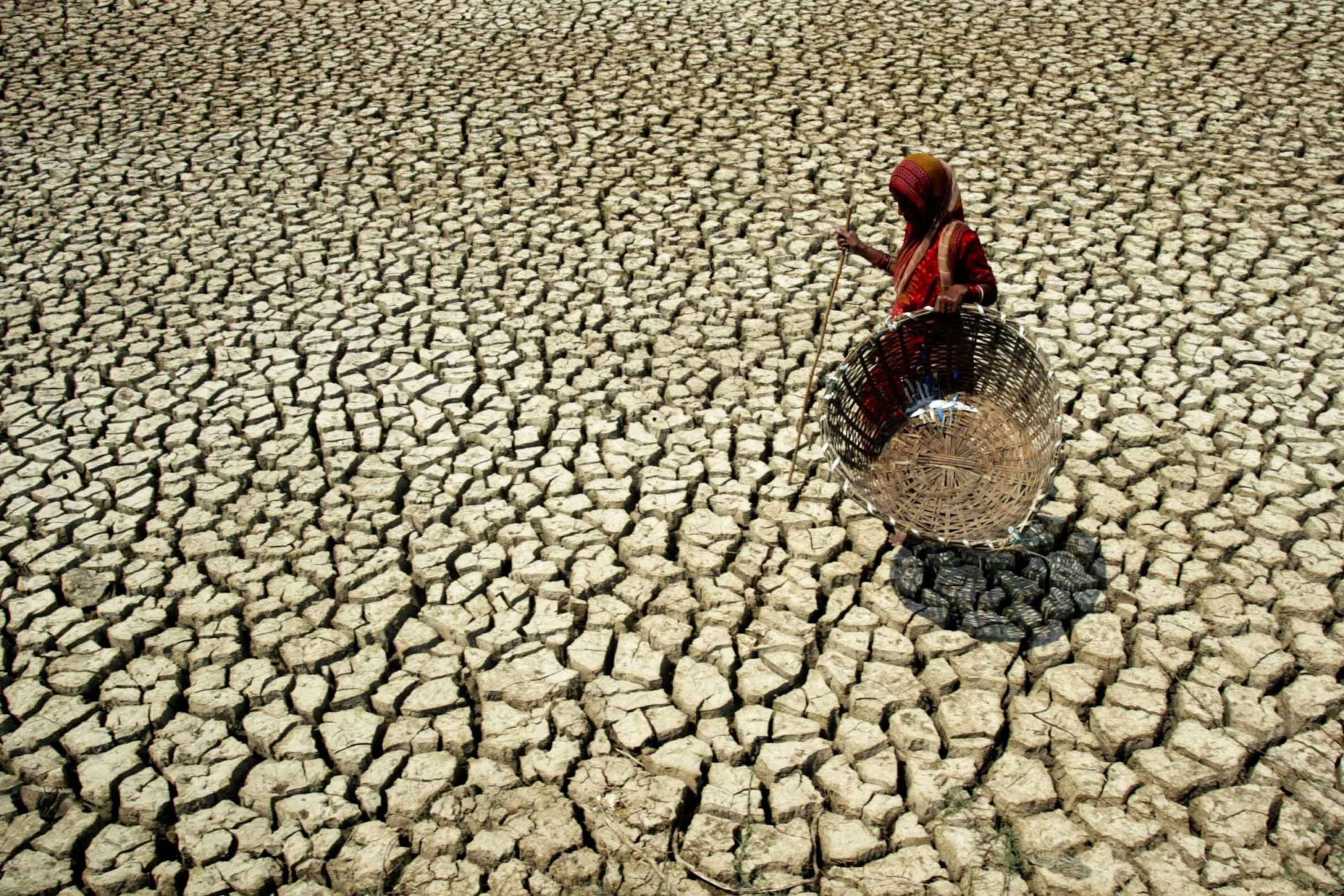
Despite being one of the world’s most climate-vulnerable regions, South Asia remains deeply fragmented. From failed COP coordination to weak regional institutions, political rivalries and elite interests undermine collective climate action, leaving millions exposed to escalating environmental risks